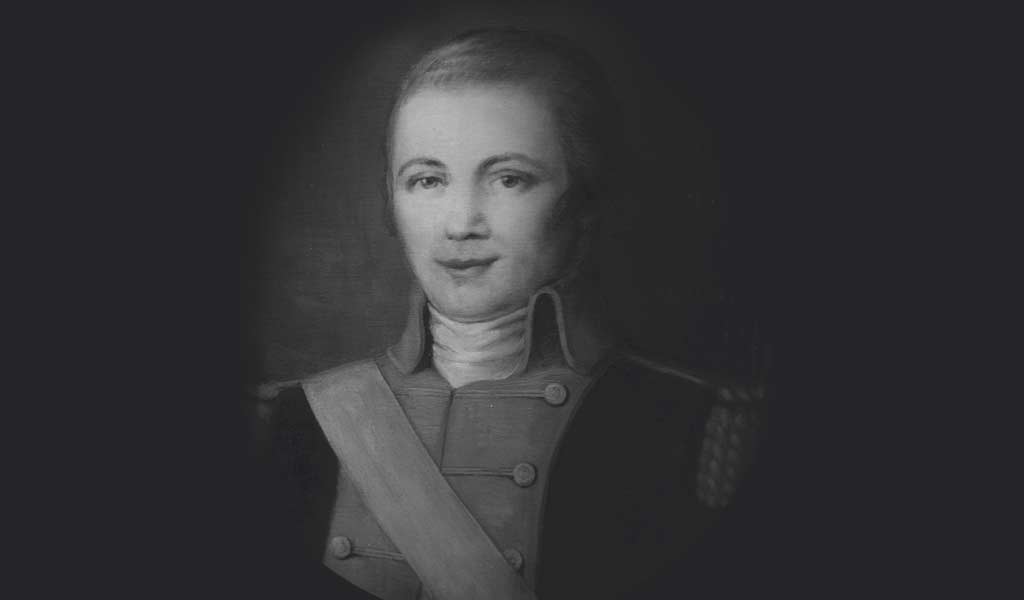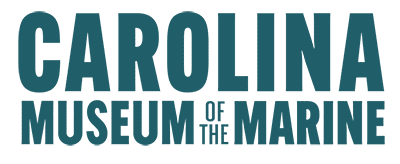Major Samuel Nicholas, USMC

There is an interesting, eclectic website called ThoughtCo., that has various menus of topics like history, philosophy, geography, literature, visual arts and more. For each topic there are numerous sub-topics that allow readers to choose what to search and to learn. Under “American History” one of the sub-topics is what they call “American Revolution.” Here, readers will find this article: “American Revolution: Major Samuel Nicholas, USMC.”[i]
Samuel Nicholas was born in 1744 to a Quaker couple, Andrew and Mary Nicholas, in Philadelphia, which in the 18th century was the largest city in British America. Nicholas’ uncle, Andrew Shute, was a mayor of Philadelphia who, when Samuel was seven years old, facilitated his admission into the prestigious Philadelphia Academy, where young Nicholas came to know the children of the leading people of the city. When Nicholas graduated in 1759, he was admitted to the Schuylkill Fishing Company, which was “an exclusive social fishing and fowling club” where Nicholas made the connections that would shape his life. In 1768, Nicholas married Mary Jenkins, the daughter of a Philadelphia businessman who gave Nicholas control of the Conestoga Wagon Tavern, which admitted him to the Philadelphia tavern scene.
The American War for Independence began in April of 1775 with the Battle of Lexington in Massachusetts and surrounding localities. The Second Continental Congress resolved to establish a Marine Corps to serve with the Continental Navy, and even though Nicholas had no military training, members of Congress approached him with the idea of forming a Corps of Marines because of his prominence in Philadelphia and particularly in the cities taverns, “which Congress believed could furnish good fighting men.” Nicholas agreed to recruit men for a Marine Corps, and on November 5, 1775 was appointed Captain of Marines. Five days later, on November 10, 1775, Congress established the Continental Marines and authorized the formation of two battalions. On November 18, Congress commissioned Nicholas a captain and he quickly set-up shop at Tun Tavern where he began recruiting Marines to serve aboard the 30-gun frigate Alfred. A diligent worker, Capt. Nicholas raised five companies of Marines by year’s end, which provided Marines for service aboard the ships of the Continental Navy, then based at Philadelphia.
Nicholas took command of the Marines aboard Alfred, which was the flagship of Commodore Esek Hopkins, due to sail out of Philadelphia with “a small squadron” on January 4, 1776. Commodore Hopkins decided to sail to Nassau and raid British stores of weapons and munitions. Capt. Nicholas and a party of about 250 Marines and sailors spent the night of March 3, 1776 at Fort Montagu, advancing on the town of Nassau the next day. The Governor, Montfort Browne, was able to send most of the gun powder on the island to St. Augustine, Florida, but the Marines seized a large number of guns and mortars. Commodore Hopkins remained at Nassau for two weeks, finally sailing north, engaging and capturing two British ships, and acquitting themselves well in battle with the British warship HMS Glasgow. On April 8, the Americans arrived at New London, Connecticut, where Capt. Nicholas departed, returning to Philadelphia.
In response to the performance of Capt. Nicholas and the Marines at Nassau, Congress promoted him to the rank of major, and ordered him to remain at Philadelphia and raise another four companies of Marines. In December of 1776, Major Nicholas was ordered to take three companies of Marines to join with General George Washington’s army north of Philadelphia. Nicholas and the Marines were put under the command of Brigadier John Cadwalader with the assignment to cross the Delaware River at Bristol, Pennsylvania and attack Bordentown, New Jersey before moving on to Trenton. The American force was prevented from crossing the river because of ice, and so the Marines missed the Battle of Trenton on December 26. However, they did join Washington for the Battle of Princeton on January 3, 1777. This is the first time Marines fought under Army command.
When the British left Philadelphia in 1778, Nicholas re-established the Marine barracks there, and continued recruiting and doing administrative work. This part of Major Nicholas’ career is said to be the reason he is considered the first Commandant of the Marine Corps. Congress disbanded the Continental Marines in 1783, and Major Nicholas returned to private life. He died on August 27, 1790, and is buried in the Friends Graveyard at Arch Street Meeting House. Each year, on November 10, a wreath is laid at Major Nicholas’ grave to commemorate the birthday of the United States Marine Corps.
[i] The article may be found here: https://www.thoughtco.com/major-samuel-nicholas-usmc-2360618

